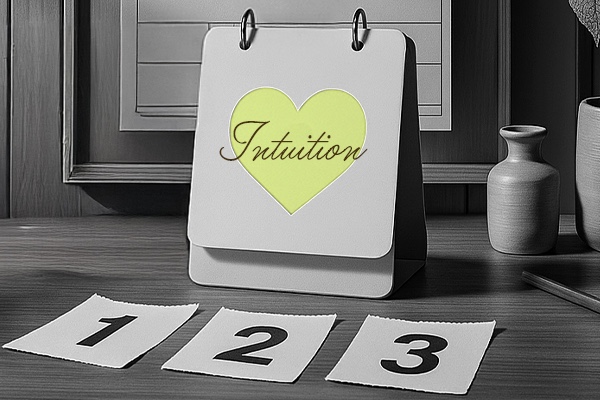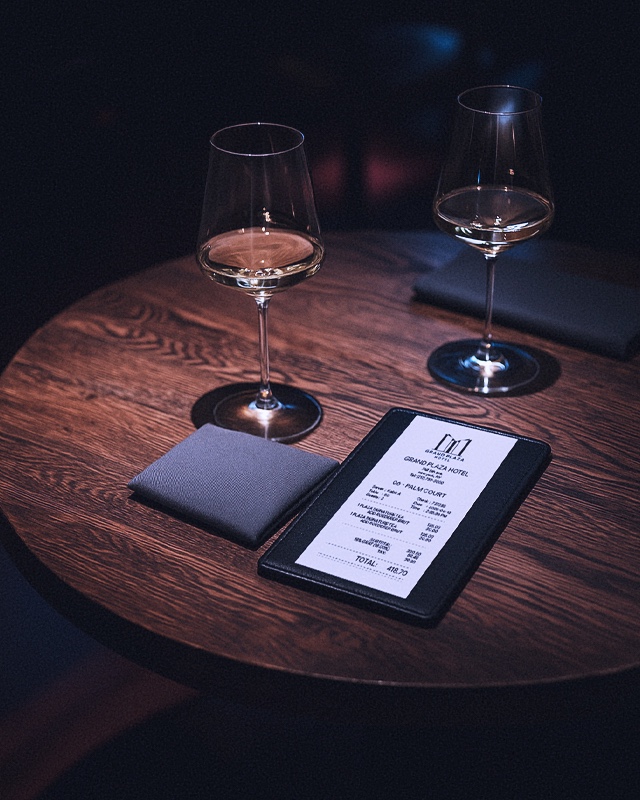There’s a New Timeline for Modern Dating
The “three-date rule” has loomed large over modern dating for a while now, operating more like a social ultimatum than helpful advice. It suggested that by date three, two people should know whether they will move things forward or move on entirely. For many, it quietly shaped how much vulnerability to offer, how much attraction to express, and when intimacy was “supposed” to happen. But that script? It’s not just outdated—it’s obsolete.
Modern dating doesn’t run on arbitrary milestones. It runs on nuance, chemistry, common sense, and the ability to read the room.
The Rule Was Never About Connection—It Was About Control
The idea that romantic clarity should arrive by the third date traces back to mid-century dating culture and its sanitized rules of courtship. In the modern dating app era, though, it’s clear: pacing a relationship based on cultural scripts rather than personal signals leads to missed cues and mismatched expectations.
As of 2024, over 67% of singles under 40 say they’re not interested in rigid relationship “timelines,” according to data from Pew. They’re pacing things based on energy, compatibility, and emotional resonance, not checkpoints. What matters isn’t whether you’ve had three dates. It’s whether those dates revealed the right information.
When daters say, “It’s not a vibe,” they’re not being vague; they’re being direct. They’re being efficient.
Chemistry vs. Curiosity: The Real Signal to Track
The three-date rule assumes that chemistry is immediate. But science disagrees. According to Dr. Helen Fisher, biological anthropologist and researcher at the Kinsey Institute, early attraction may not stabilize until the 4th or 5th interaction. That’s because dopamine—our brain’s pleasure signal—can easily mask compatibility in the early stages. You might feel lit up by novelty, not the person.
Compatibility, by contrast, takes time to emerge. Real signals tend to show up after the excitement quiets down—around the fourth or fifth interaction—when curiosity deepens and patterns begin to form. Does the connection still hold once the dopamine settles? That’s when it’s worth leaning in.
In modern dating, curiosity is seen as a more reliable sign. Curiosity drives you to ask better questions, remember small details, and want to understand someone’s world, not just be entertained by it.
If you’re still curious by date three, that’s a green flag. If you’re already checking out? It’s probably not worth a fourth (or fifth) round.
What the Third Date Is Actually For
It’s helpful to view the third date as a litmus test of sorts. It’s less about deciding whether to get intimate or defining the connection. It’s about observing one specific thing: emotional fluency.
Emotional fluency refers to the ease with which someone expresses feelings, reflects on experiences, or attunes to your reactions. Are they comfortable with small silences? Do they listen—and hear—without trying to fix anything ? Do they ask questions that reveal their curiosity, not just their agenda?
This kind of attunement is best viewed as the “missing piece” when it comes to modern connection, not whether someone checks boxes, but whether they’re emotionally available for the reality of intimacy.
Forget “Will this turn into something?” A better question is, “Do I feel more like myself around them?”

The Slow Burn Is Trending—and Backed by Science
Focus groups convened by Seeking.com revealed that daters aged 25-45 prefer relationships to unfold slowly. Not because they’re cautious, but because they’re calibrated. They’ve been burned by too-fast intimacy or prematurely naming something that life hadn’t tested yet.
Seeking.com relationship expert, Emma Hathorn, notes that slower-developing romantic bonds often lead to greater long-term satisfaction. “Taking the time to truly know someone may feel slow, but it saves you heartache in the long run— because no spark can outlast fundamental misalignment,” Hathorn says. “Consider that you’re saving yourself years, rather than taking up a few extra weeks in the initial dating process.”
In other words, if you’re still getting to know each other by date five or six, you’re not behind—you’re building something more durable.
What Replaces the 3-Date Rule? A Whole New Framework.
Forget formulas. What works better is an “alignment timeline,” based not on dates but on checkpoints of mutual clarity. Here’s a smarter sequence:
Date 1: Curiosity Check
- Did the conversation flow, or did the date feel like an interview?
- Were you engaged, wanting to know more, or just being polite?
Date 2: Energy Audit
- Do they energize or drain you?
- Did they respect your time, space, and boundaries?
Date 3: Emotional Fluency
- Are they able to reflect on their past and reveal some vulnerability?
- Do they ask more profound questions beyond surface-level banter?
Date 4+: The Clarity Compass
- Do you sense a growing ease—or are you negotiating your instincts in order to maintain interest?
This simple framework allows flexibility. Some accelerate quickly while others need space to reveal their depth. Both are valid, but the goal stays the same: tune in to how it feels, not how it’s supposed to go.

What to Do If You’re Still Unsure After Three Dates
Firstly, it’s not a test anyone is failing. View the process more as data gathering. The first date may be electric, the second a little awkward, and the third something in between. That doesn’t mean the connection is doomed; it means you’re learning the rhythm.
If you’re walking away with more questions than answers, take one more date—but make it intentional. Change the environment. Try a shared experience. People frequently reveal different facets of themselves outside a standard dinner-and-drinks format.
Or, if the signal is clear—it’s not working—exit without guilt. The best part of ditching the three-date rule is freeing yourself from artificial obligations. No one owes anyone their time past the point of curiosity.
Dating Is Changing—The Grammar of It Needs to Catch Up
If the third date used to be the point where you decided if this was going somewhere, now it’s a mile marker of a much longer conversation about values, compatibility, and emotional readiness. The entire pace of dating has shifted, thanks to apps, cultural changes, and post-pandemic-era reflection.
The new reality? Daters are more intentional, aware, and protective of their energy. We don’t need rules. We need emotional literacy.
The smartest modern daters aren’t rushing to hit some invisible benchmark. They’re refining their radar. They’re pacing their decisions based on alignment, not anticipation. And they’re discarding old rules in favor of a better timeline that fits the relationship they want to build.
FirstDate Final Thought
If you’ve ever felt pressure to speed things up just because you’ve crossed a third-date threshold, it’s time to unlearn that playbook. Today’s dating landscape is less about “making moves” and more about moving with awareness. You’re allowed to take your time. It’s the most attractive thing you can do.








